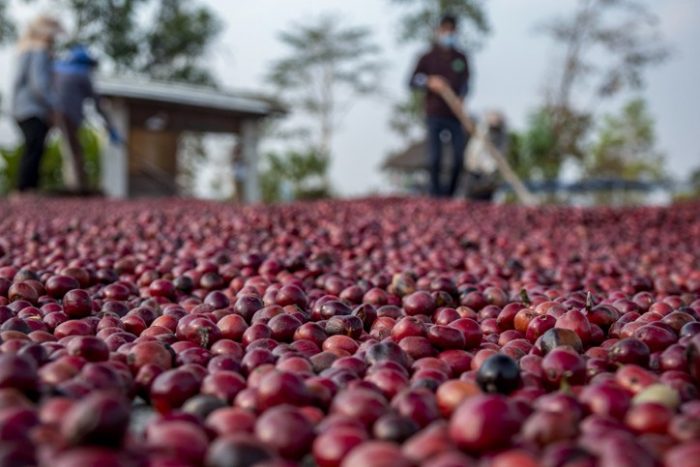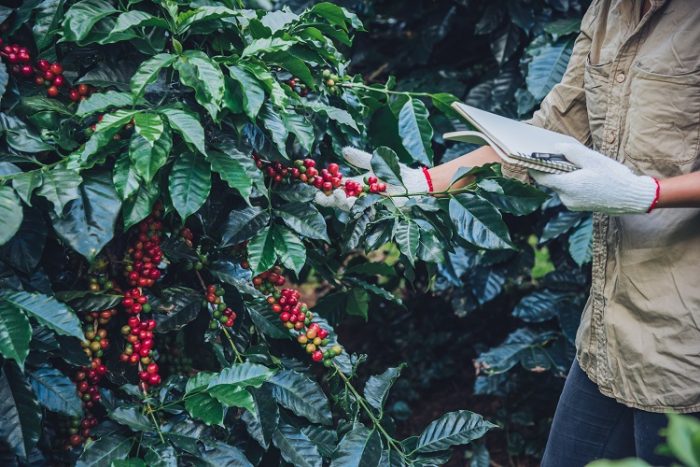Coffee has been an important part of human society for centuries, with its origins dating back to ancient Ethiopia. Over time, coffee has spread across the world, becoming a global commodity that is consumed by millions of people each day. However, coffee is more than just a drink; it is a cultural phenomenon that has shaped societies in many different ways. To learn more about the qualities of coffee visit https://planetarydesign.com/
One of the most significant impacts of coffee on society is its role in socialization. Coffee shops and cafes have become important gathering places where people come together to socialize, discuss ideas, and connect with others. In many cultures, coffee is seen as a symbol of hospitality, with hosts serving it to guests as a sign of welcome and friendship. This social aspect of coffee has been a driving force behind the growth of coffee culture and its popularity in many parts of the world.
Coffee has also played a significant role in the development of cultural customs and traditions. In some countries, such as Italy, coffee is an integral part of daily life, with specific customs and rituals associated with its consumption. For example, in Italy, it is customary to drink espresso standing up at the bar rather than sitting at a table. Similarly, in Turkey, coffee is often served with sweet treats and is seen as a symbol of hospitality and friendship.
Historical Significance

The history of coffee dates back to the 15th century when it was first discovered in Ethiopia. From there, coffee was introduced to the Arab world, where it quickly became a popular drink. In the 16th century, coffee reached Europe through trade routes, and coffee shops soon became popular gathering places for intellectuals and artists. In the 17th century, coffee was introduced to the Americas, where it became a significant crop in countries like Brazil, Colombia, and Costa Rica.
The development of coffee culture worldwide is also linked to significant historical events. For example, the French Revolution had a significant impact on coffee culture in France. During the revolution, coffee shops became popular meeting places for revolutionaries, and the drink became a symbol of liberty and equality. Similarly, the American Revolution gave birth to the Boston Tea Party, which led to a boycott of tea in favor of coffee.
Coffee and Socialization

Coffee has always been a social drink, and the development of coffee shops has been instrumental in the creation of social hubs. In many countries, coffee shops are not just places
to get a good cup of coffee. They are places where people go to socialize, read, work, and even hold meetings. Coffee shops have become popular places for entrepreneurs and freelancers to work, offering a relaxed and inspiring atmosphere.
Coffee breaks have also become integrated into the work culture, providing opportunities for employees to socialize and take a break from work. In the United States, coffee breaks are so ingrained in the work culture that they are protected by law.
Cultural Customs

Coffee customs vary widely across different regions. In Italy, coffee is a significant part of daily life and a symbol of Italian culture. Espresso is the most popular type of coffee in Italy, and it is usually consumed quickly while standing at the bar.
In Ethiopia, coffee ceremonies are an essential part of the culture. The ceremony involves roasting and brewing coffee beans over hot coals, and it can last up to three hours.
Economic Impact

Coffee is a significant player in international trade, and it is the second most traded commodity after oil. The coffee industry provides employment for millions of people worldwide, from farmers to baristas. In some countries, coffee is a critical source of income, and the economies of entire regions depend on coffee production.
The effect of coffee on national economies can be seen in countries like Brazil and Colombia, where coffee is a significant contributor to GDP. However, the coffee industry is also subject to price fluctuations, which can have a significant impact on the livelihoods of farmers and the economies of coffee-producing regions.
Environmental Concerns

Coffee farming can have a significant impact on the environment. In some regions, coffee farming has led to deforestation, soil erosion, and water pollution. However, sustainable coffee production practices are becoming more common, with initiatives such as shade-grown coffee and fair trade certification promoting environmentally friendly and socially responsible production methods.
Health Benefits

Coffee consumption has been linked to a range of health benefits, including a reduced risk of
diabetes, liver disease, and certain types of cancer. Coffee is also known to improve cognitive function and reduce the risk of depression.
These health benefits can have a positive impact on society, reducing healthcare costs and improving the overall quality of life.
Coffee in Media and Literature

Coffee has long been a popular subject in popular media and literature. From the coffee shops in Friends to the iconic Starbucks cup in American Beauty, coffee has become an essential element in the representation of modern life. In literature, coffee is often used as a symbol of intimacy, comfort, and intellectualism.
As societies continue to become more globalized and technology-driven, coffee culture may undergo significant changes. The rise of coffee delivery services and mobile ordering may lead to a decline in the popularity of coffee shops. However, coffee will continue to be a significant part of daily life, and its cultural significance will continue to evolve.
Conclusion
Coffee has played a significant role in shaping societies and bringing people together for centuries. From its historical significance to its impact on socialization, cultural customs, economics, the environment, health, and media, coffee culture has become a vital part of modern life. As we look to the future, coffee culture will continue to evolve, but its significance in shaping society will remain.
In addition to its cultural impact, coffee has also had a significant impact on economics and the environment. The coffee industry is a major contributor to the global economy, with millions of people employed in coffee production and distribution around the world. However, coffee production can also have negative environmental impacts, such as deforestation and water pollution. Many coffee producers and consumers are now taking steps to address these issues and promote sustainable coffee production.




